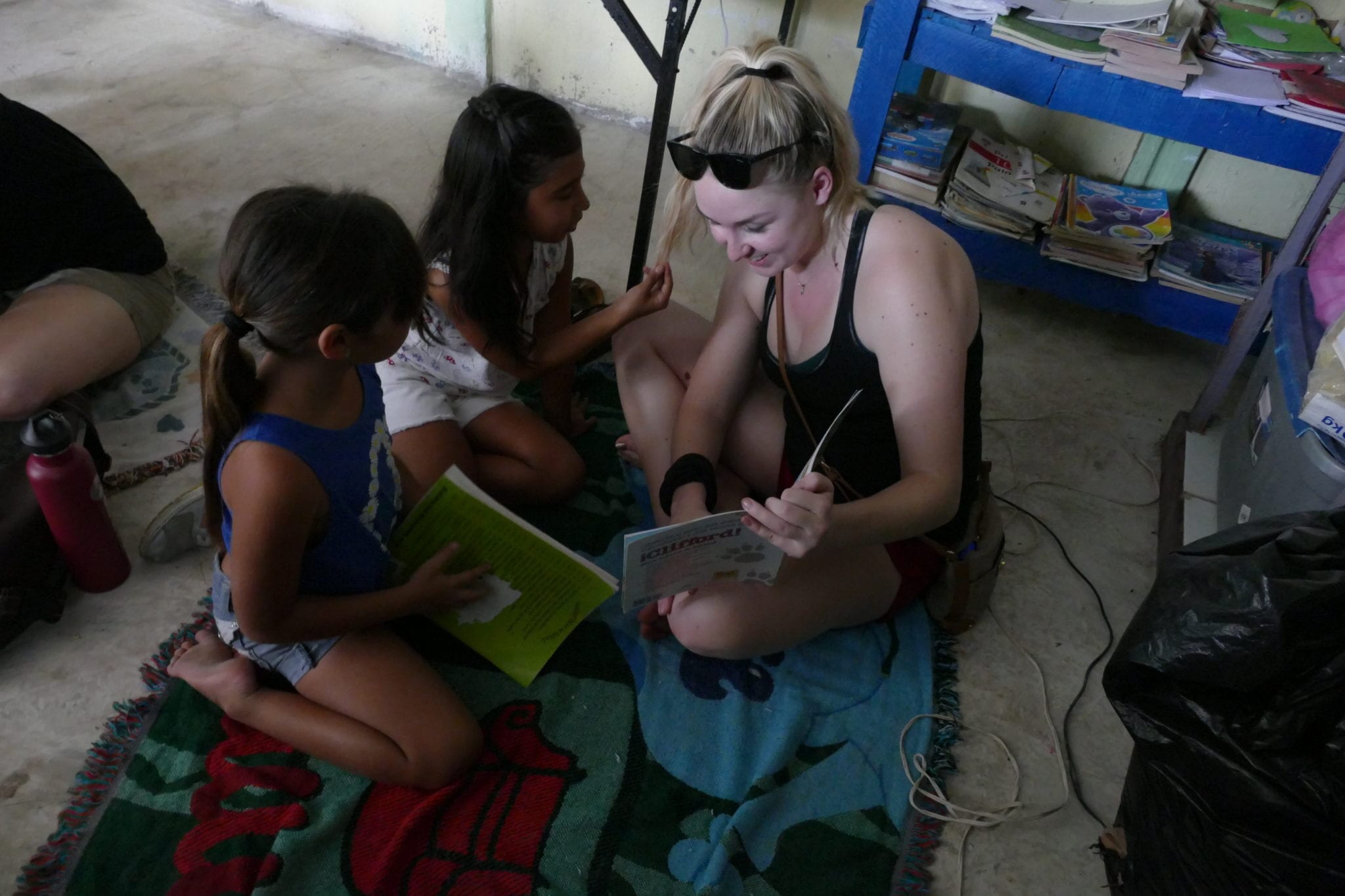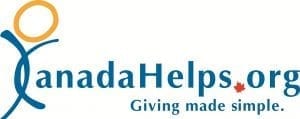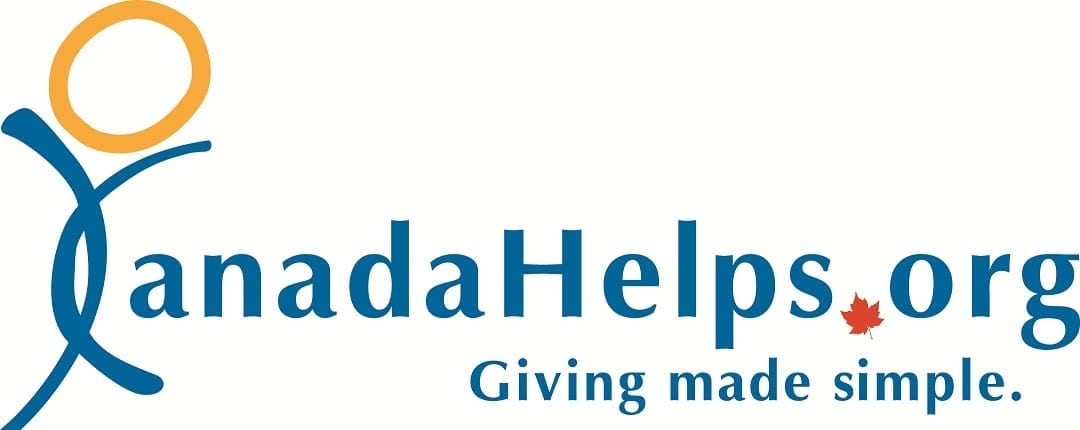There are increasing studies which indicate that helping others creates “happy” neurochemicals in our brains which helps boost our mood.
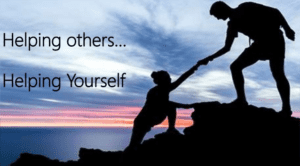 Helping others triggers a release of oxytocin, which has the effect of boosting our mood and counteracts the effects of cortisol (the stress hormone). The higher your levels of oxytocin, the more you want to help others. When oxytocin is boosted, so are serotonin and dopamine, which are other happy neurochemicals.
Helping others triggers a release of oxytocin, which has the effect of boosting our mood and counteracts the effects of cortisol (the stress hormone). The higher your levels of oxytocin, the more you want to help others. When oxytocin is boosted, so are serotonin and dopamine, which are other happy neurochemicals.
Simon Sinek, a professor at Columbia University, notes that the positive effects of helping others results in chemical reactions in the body when we act selflessly and give to others. Check out this video (27:36 to 30:40) which further explains how helping others benefits us.
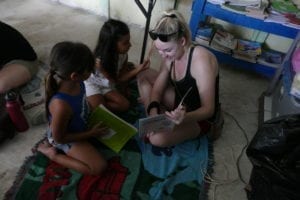
Camp Aftermath volunteer in Golfito, Costa Rica
Volunteerism, which is at the center of Camp Aftermath’s approach to long-term management of PTSD, is based on such studies. The aim of our three-phased approach is to help participants to not only utilize volunteerism as a way of coping with mental anguish but to truly understand the “why” behind our approach, which is backed up by data and scientific studies.
______________________________________________________________________________________________________________________________________
How you can help
There are currently many amazing programs that focus on helping veterans and first responders suffering from PTSD. If you believe in our cause, please help us make a difference in the live of five military veterans and first responders slated to experience our three-phased program in early 2019. You can donate to our campaign on Canada Helps.
We are a registered charity with Canada Revenue Agency. For more information, please visit our status page on the Canada Revenue Agency website.
Thank you,


